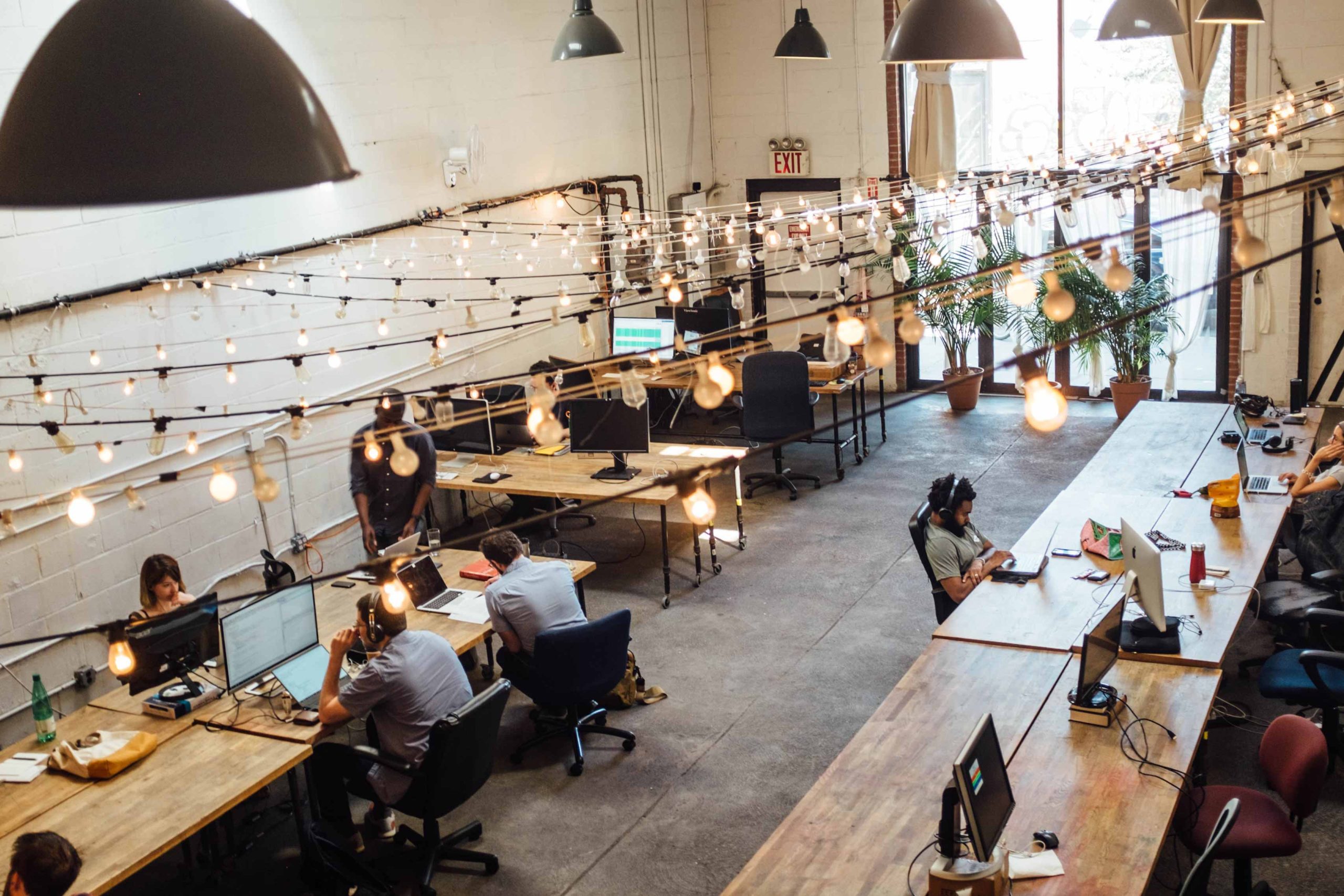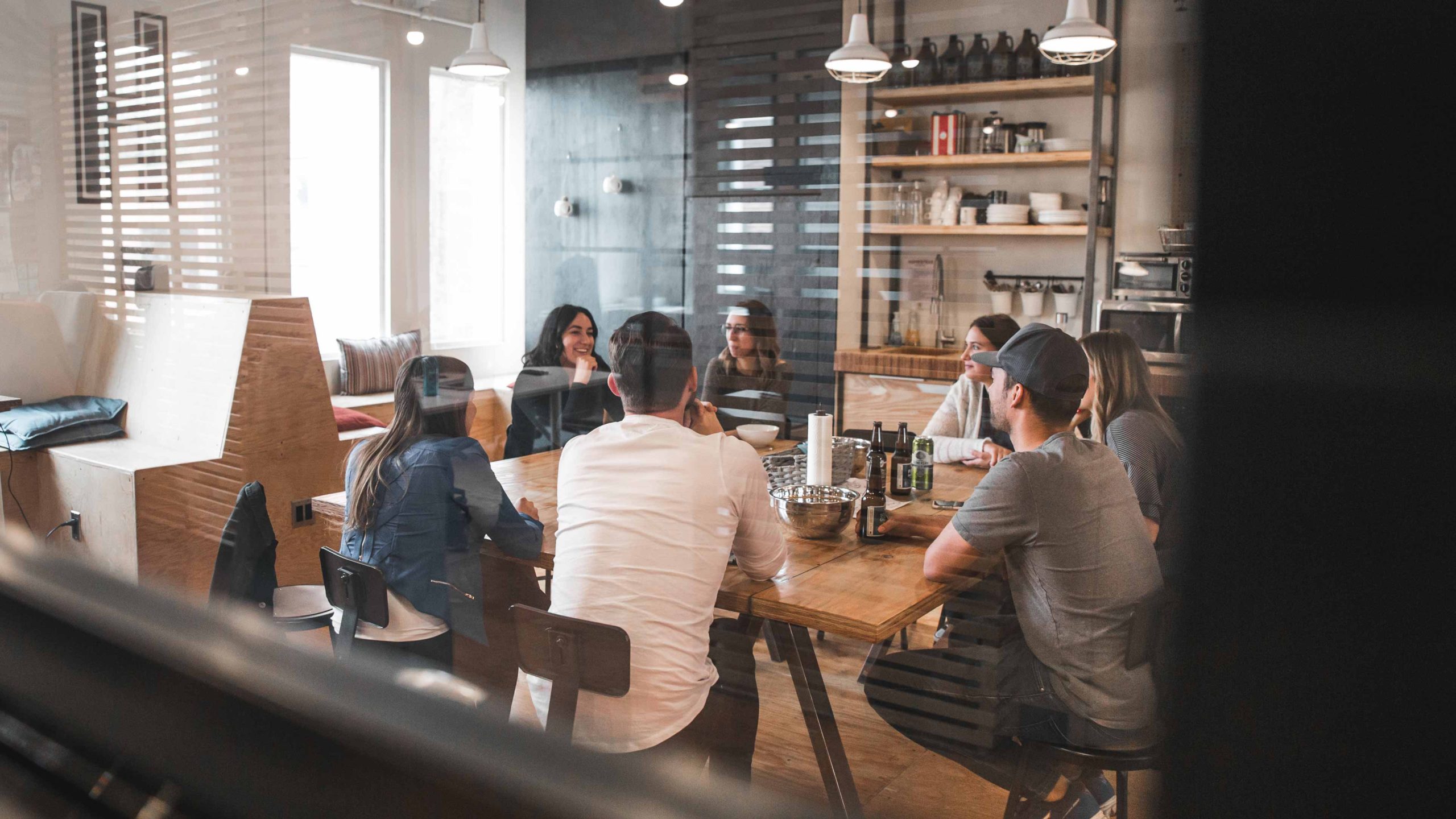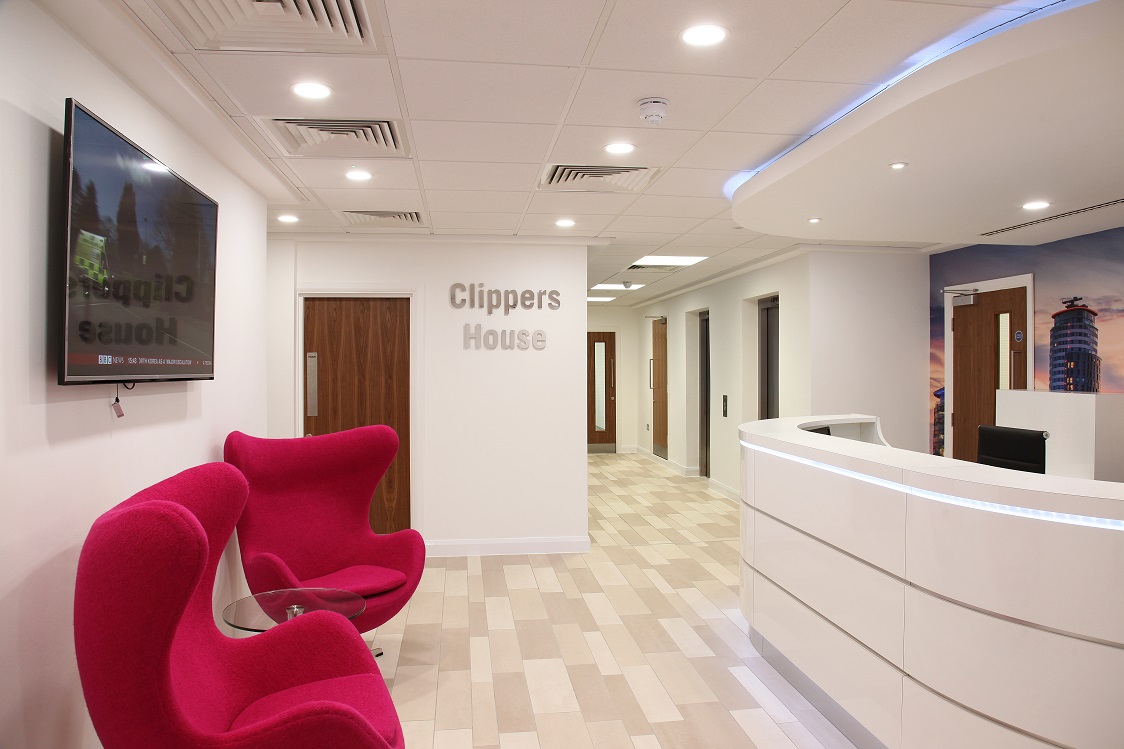The COVID-19 pandemic has accelerated the trend towards ‘human organisations’ that put the comfort and interests of people first, according to a recent report.
In March, the Corporate Culture Group published the Human Organisation Report, which noted the impact of the pandemic a year after the first lockdowns began.
“While the pandemic has challenged the ways we work, the bigger question is about the purpose of work. What is it for? And how does a shift to home working affect traditional hierarchies?” the report asks.
“A more fully human world of work is emerging. It’s a world that is dramatically different to today’s model. But what is it and how do you bring it to life in your organisation?”
What is a human organisation?
The human organisation trend is driven not only by the response to the pandemic. The report identifies three completely separate threads pushing this shift:
- COVID-19
- Climate crisis
- Credit crunch
These three C’s have combined over the past decade to demand three R’s from organisations: Resilience, Relationships and Recovery.
All of this came to a head during lockdown, when the nature of work itself shifted seismically overnight.
Work stopped being about going to a central location every day, and instead became about the people who were able to be productive while staying at home.
The post-pandemic human organisation
As we move beyond the strictest lockdowns, it is no longer necessary for entire workforces to stay home and work in isolation.
But there may never be a complete bounce back to monolithic workplaces with many hundreds or thousands of people on-site at once.
Instead, the report notes that 90% of employees want to spend some time at home, but 2-3 days a week in the office.
Flexible workplaces have taken on new significance as a way to cater for this varying demand over short periods such as a typical working week.
How serviced office space can help
Serviced offices, meeting rooms and virtual office services all combine to cater to this emerging hybrid home/office model of working.
In serviced office space, organisations gain access to modern, comfortable and open-plan areas that facilitate collaboration, innovation and productivity.
At the same time, employees can work seamlessly from home, making use of virtual office services where appropriate to forward correspondence.
Finally, the flexibility of meeting rooms for hire, breakout rooms and informal collaborative spaces like kitchen areas all adds to the opportunities to innovate in the way we all approach the working day.
Be more human
The global nature of the pandemic means this shift is happening everywhere, all at once, and organisations must keep pace with it to embrace the humanity of their workforce.
Even if you work as a sole trader, serviced offices and virtual office services give you more versatility to put out a professional image, while working the way you want to in the years ahead.
If you want to move away from crowded central locations and benefit from the flexibility of serviced offices in London and Manchester, to support your Relationships, Resilience and Recovery, contact the Serviced Office Company today.




